|
As night fell in Hong Kong, hundreds of protesters remained barricaded within the Hong Kong Polytechnic University after days of running battles with police.The violent scenes came days after a standoff between protesters at the Chinese University of Hong Kong who blocked a major highway. Charles Fung and Chun-wing Lee, two researchers based at these universities who have witnessed the confrontations, write about how the violence has tested the solidarity between the moderate and radical factions of the protest movement. For his part, Paul Monod asks whether there’s hope for a Hong Kong Revolution.
Antibiotic resistance is on the rise and, worryingly, no new antibiotics are being discovered. As a result, we face a global health emergency, proof that when it comes to antibiotics, the market is broken and we should be considering taking the antibiotic pipeline under fully public, international ownership. Claas Kirchhelle, Adam Roberts and Andrew Singer explain.
|
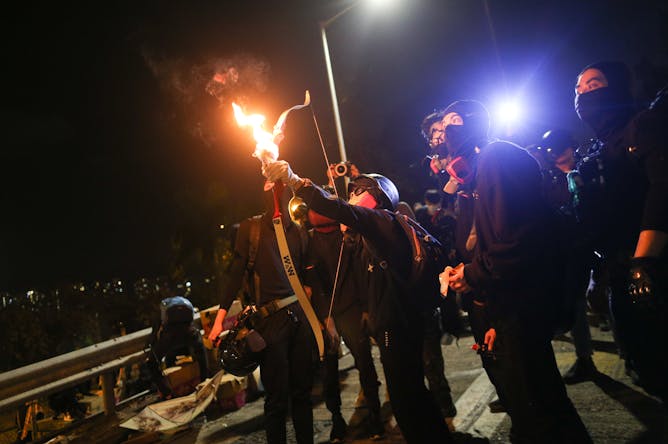
Preparing for a clash with police at the Chinese University of Hong Kong.
Jerome Favre/EPA
Charles Fung, Chinese University of Hong Kong; Chun-wing Lee, Hong Kong Polytechnic University
How the protest movement in Hong Kong moved onto university campuses – by two researchers who have witnessed the unfolding events.
|
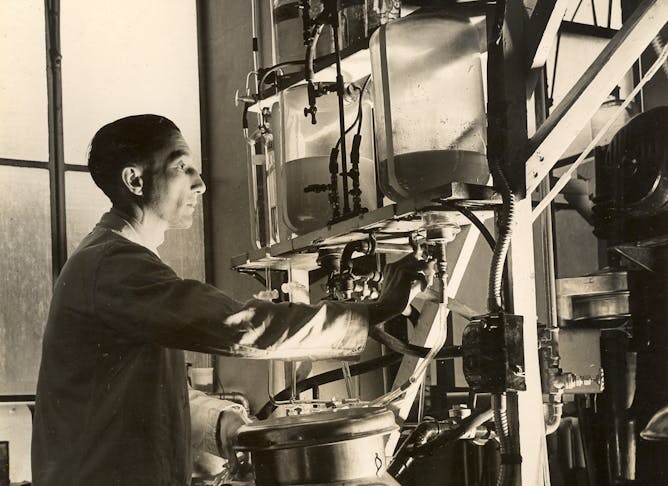
A.G. Sanders with penicillin extraction equipment.
Image reproduced with permission of the Sir William Dunn School of Pathology, University of Oxford
Claas Kirchhelle, University of Oxford; Adam Roberts, Liverpool School of Tropical Medicine; Andrew Singer, Centre for Ecology & Hydrology
The pipeline for new antibiotics is broken. It is time to think outside the box.
|
Business + Economy
|
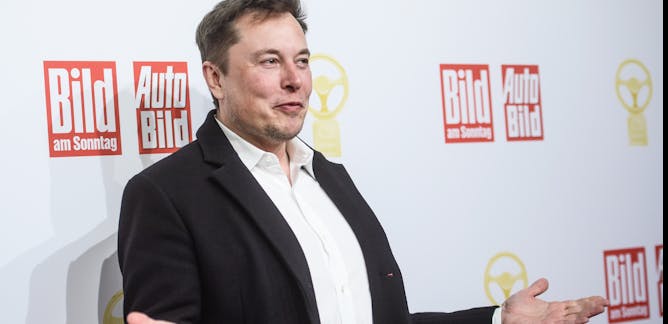
Nathan Furr, INSEAD
One of the questions I’m asked most frequently is: how can you make sense of Tesla’s wild strategies?
| |

Ryan Hawthorne, University of Cape Town; Lukasz Grzybowski, University of Cape Town
Regulators should stimulate demand for broadband services through increased access to computers.
|
|
|
Politics + Society
|
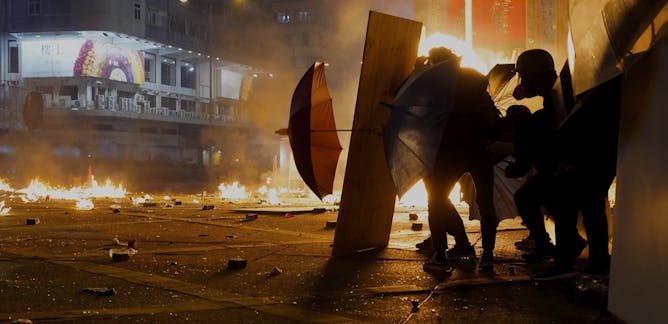
Paul Monod, Middlebury
Revolutions are built not on deep misery but on rising expectations. History may not provide much hope of immediate change in Hong Kong – but protesters may have a longer view.
| |
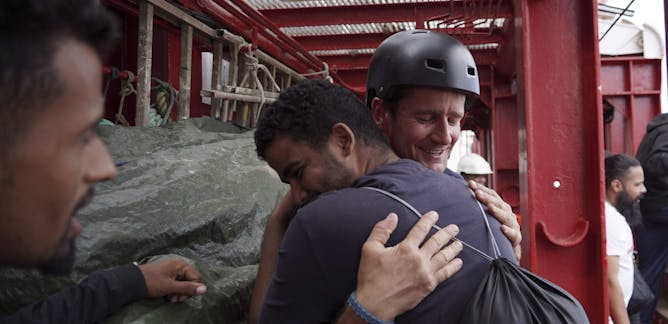
Anna Triandafyllidou, Ryerson University; Katie Kuschminder, United Nations University
In Libya, a lack of authority has allowed the ongoing kidnapping and extortion of migrants. What can European countries do to prevent the murder and torture of migrants?
|
|
|
Arts + Culture
|
-
Chuka Onwumechili, Howard University
The African Cup of Nations is the continent's premier soccer tournament - but it's not being broadcast on TV as usual. Behind the blackout is a tale of court rulings and sour deals.
|
|